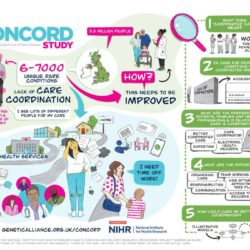Emotional Wellbeing
As part of the ‘Better Together for Healthy Bone Marrow’ collaboration between the six above charities, the Psychology Team can offer specialist emotional wellbeing support to members of the Better Together communities facing emotional challenges. Mindfulness for Stress Course with Steven Smith (Morning) 8 week course, starting 10th September Sign up here https://www.theaat.org.uk/Event/mindfulness-for-stress-course-sept-2024







